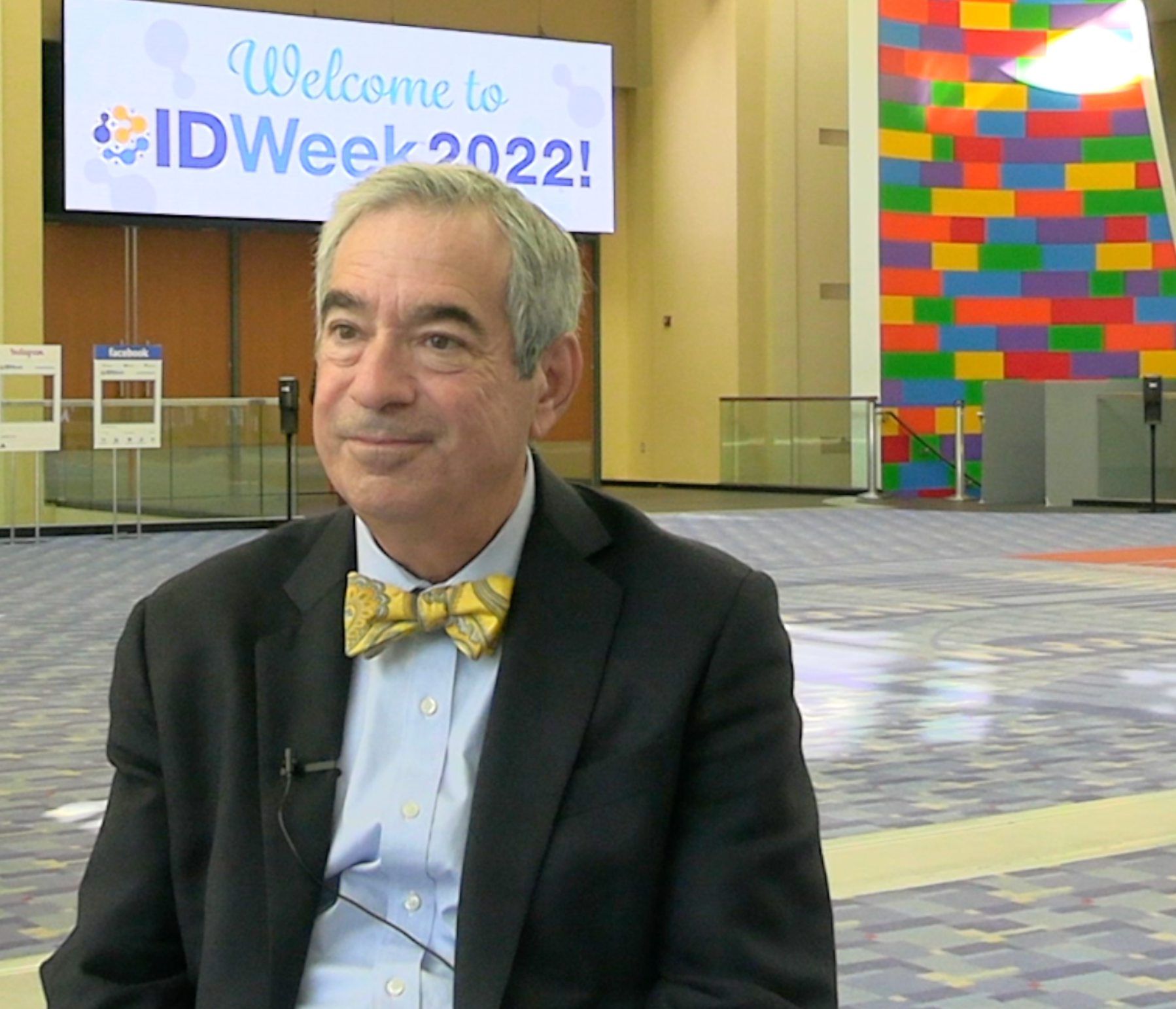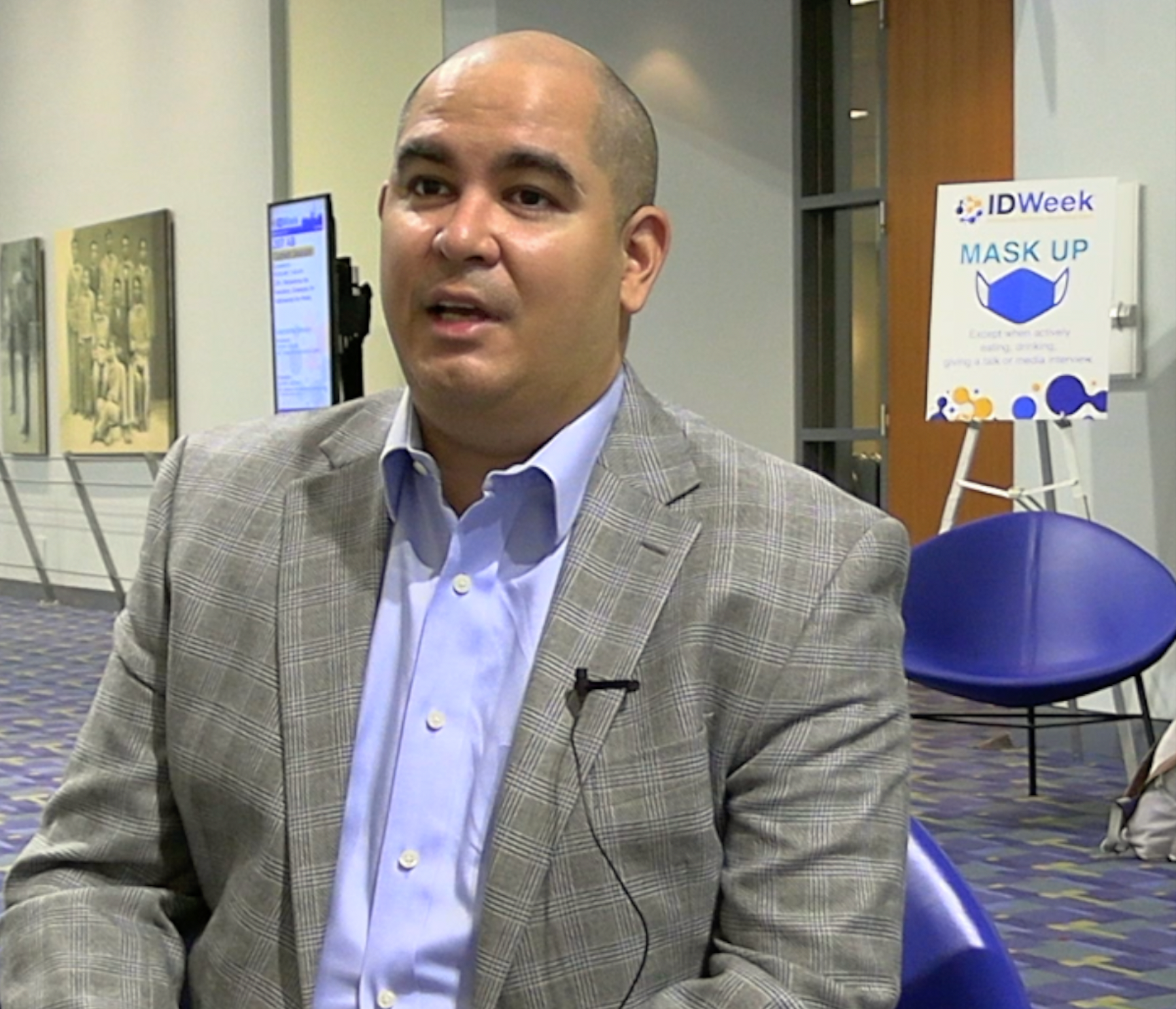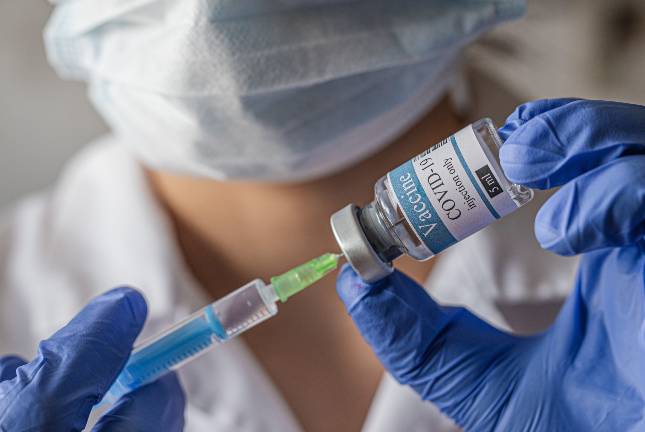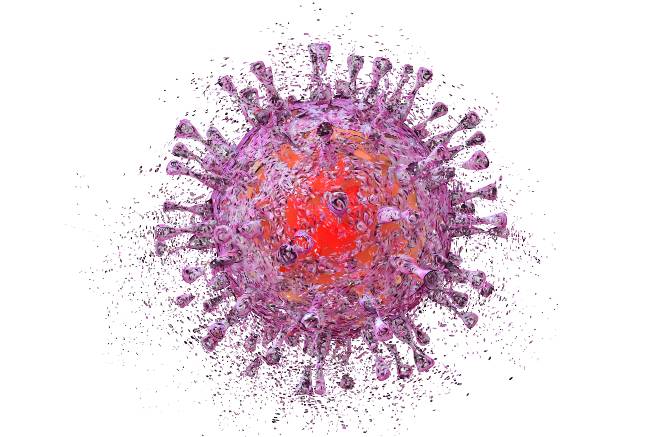
Vaccines
Latest News
Latest Videos

CME Content
More News
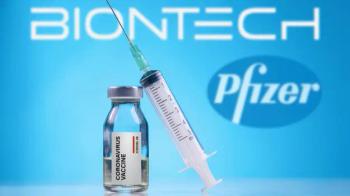
Preliminary results from a phase 2/3 trial suggest Pfizer-BioNTech’s Omicron BA.4/BA.5 bivalent COVID-19 booster vaccine provides better protection for younger and older adults.

The Moderna vaccine can be administered to children as young as six years old and the Pfizer-BioNTech vaccine for kids as young as five years old.
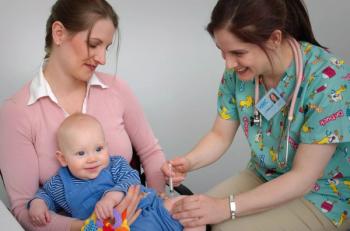
Pediatric populations are disproportionately affected by influenza. The first cell-based quadrivalent flu vaccine offers potential for greater vaccine effectiveness.

A comprehensive cohort study of COVID-19 data has reinforced the effectiveness of the various vaccines, boosters, and prior infection in protecting against infection, hospitalization and death.

A recent study broke down hospitalizations associated with COVID-19 in adults between January 2021 and April of this year, based upon vaccination status.

The vaccine is meant to be administered during the third trimester of pregnancy to the expecting mother to prevent this respiratory disease in infants younger than 2 months of age.
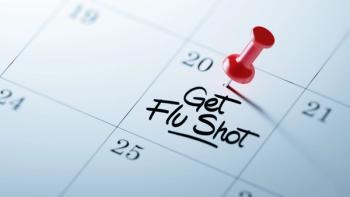
The CDC is urging all eligible persons to receive a flu shot, but a new survey shows fewer adults are planning to get the vaccine this season.

Largest extended study of outcomes after rare myocarditis from mRNA COVID-19 vaccines finds most recover and regain quality of life.

“Vaccines are the most highly scrutinized public health interventions we know,” said Donald Alcendor, PhD.
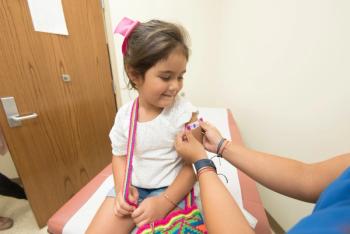
The federal agency recommends using either PCV13 or PCV15 as part of a 4-dose series for pediatric patients between the ages of 2-59 months.
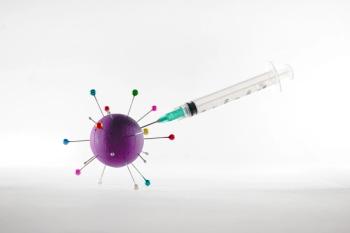
These vaccines target the wild strain as well as the Omicron BA.4/BA.5 variants.

Investigators examined all-cause excess mortality and sought to uncouple it from COVID-19 in US states with high vaccination rates.
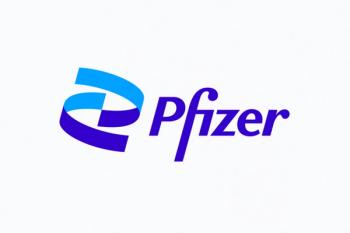
After positive top-line data from phase 3 trials for their meningococcal vaccine, MenABCWY, Pfizer intends to submit a Biologics License Application (BLA) to the FDA.
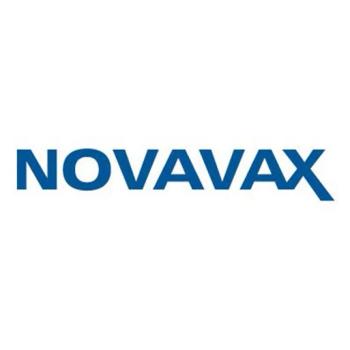
The vaccine is available in adults 18 years and older.
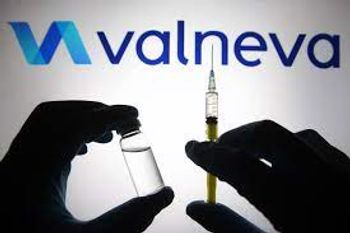
Valneva’s COVID-19 vaccine candidate, VLA2001, demonstrated superior virus-neutralizing antibodies compared to the AstraZeneca vaccine.

The federal agency's recommendation for both the Moderna and the Pfizer-BioNTech updated bivalent vaccines allows people to get the booster dose this fall.

This Emergency Use Authorization for the Moderna and Pfizer-BioNTech vaccines brings them both one step closer for people to become eligible for these boosters.

AIVITA’s COVID-19 vaccine candidate contains only the subject’s primed immune cells.

A study published this week by the American Heart Association found myocarditis was more common after COVID-19 infection than after COVID-19 vaccination.

The Cambridge-MA., company accuses Pfizer and BioNTech of copying patented technology in the development of their COVID-19 vaccine.
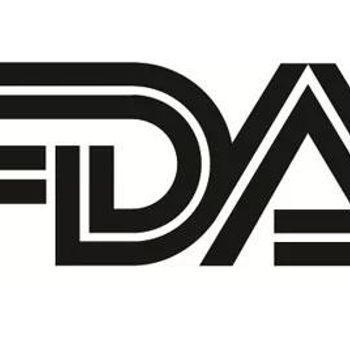
Pfizer-BioNTech and Moderna have developed new booster shots optimized for Omicron. They could be approved as soon as Labor Day.

From its results, the company plans to file a Biologics License Application (BLA) with the FDA.

If granted the Emergency Use Authorization (EUA), this vaccine would be available for individuals 18 years and older.
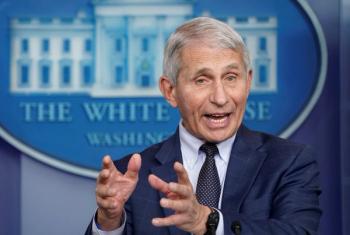
Read this week’s top infectious disease stories you may have missed, including Dr. Anthony Fauci’s announcement.
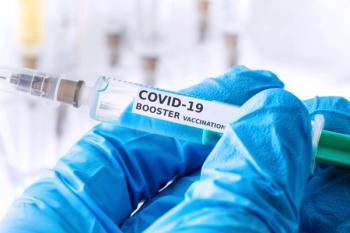
People who initially received an mRNA vaccine but were boosted with the Janssen vaccine had superior immune responses, the study found.

